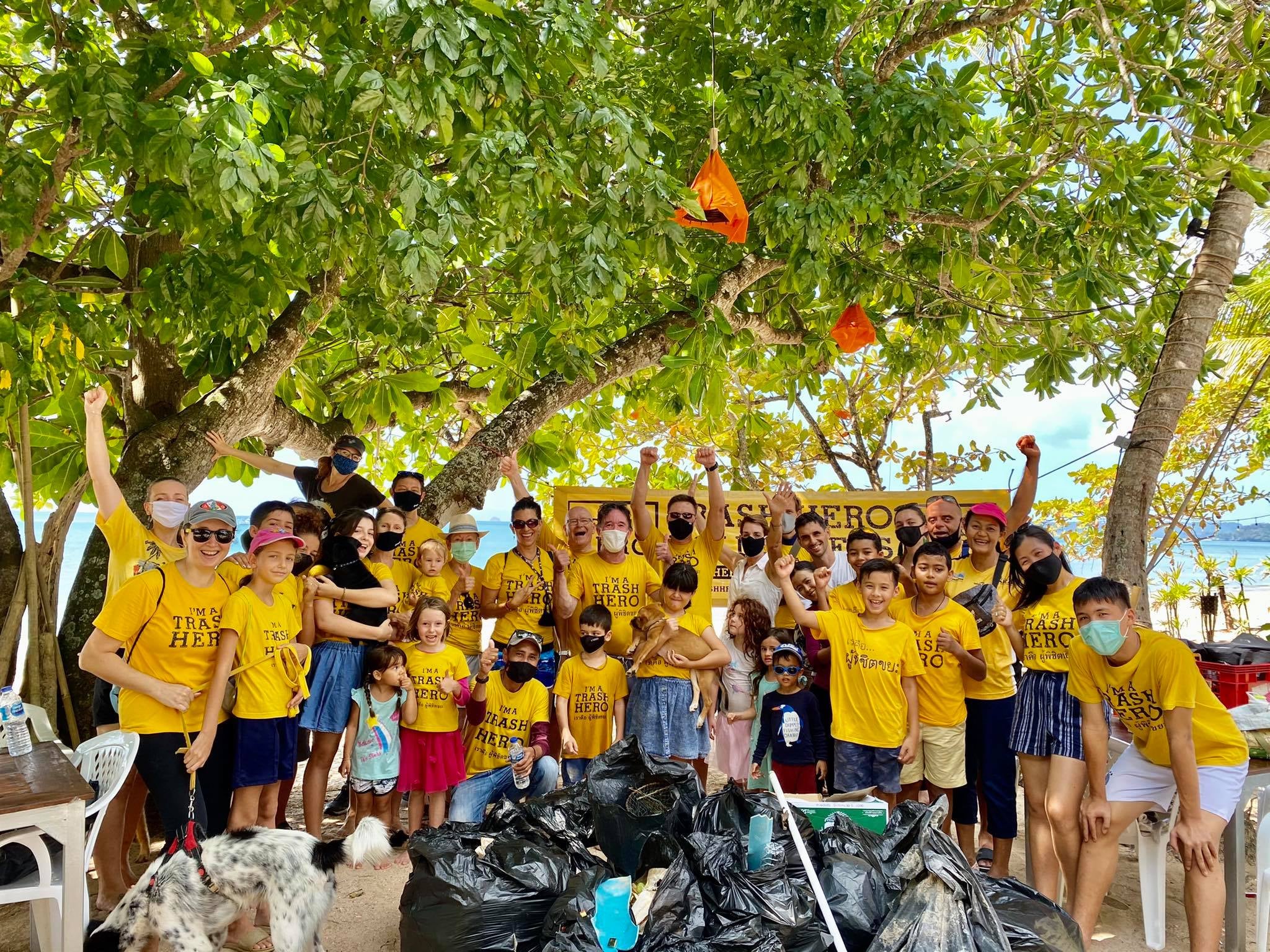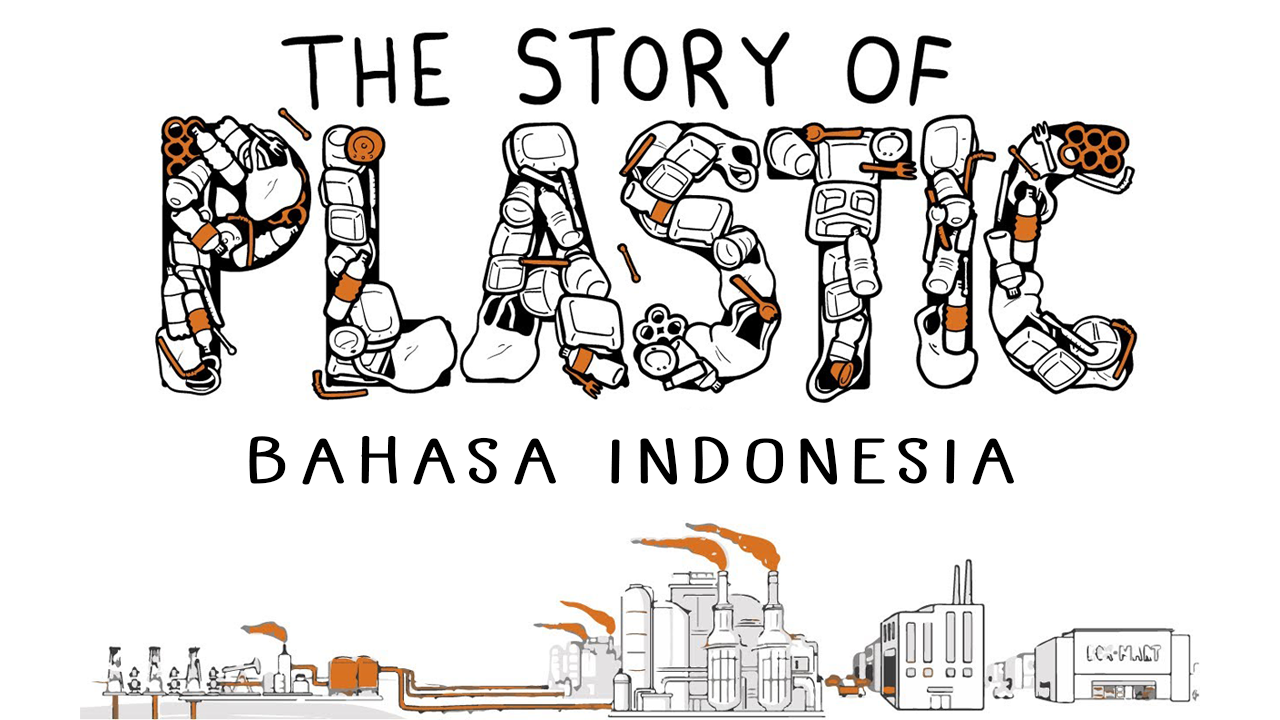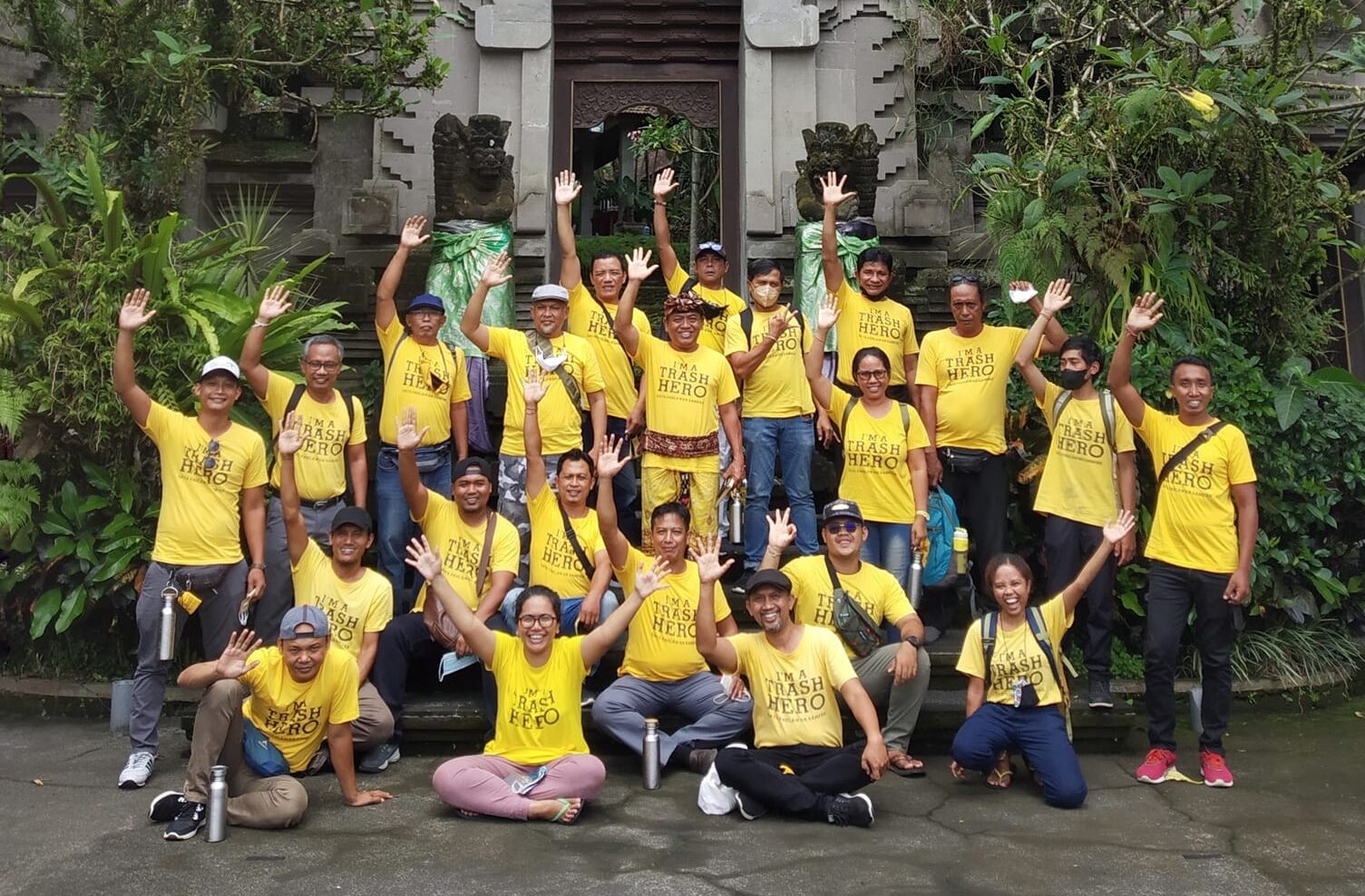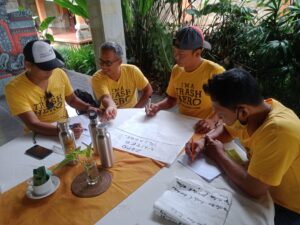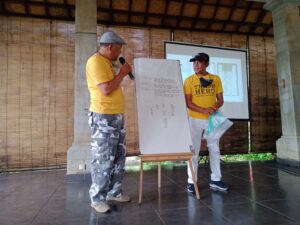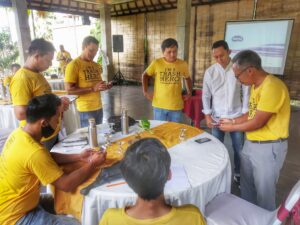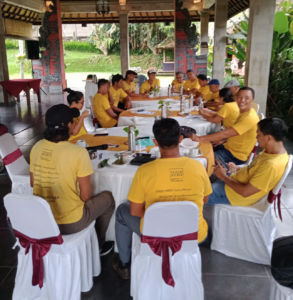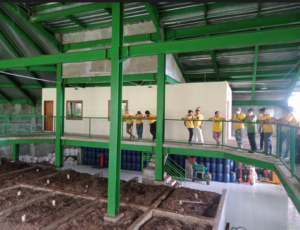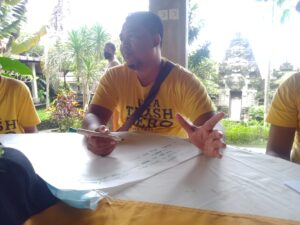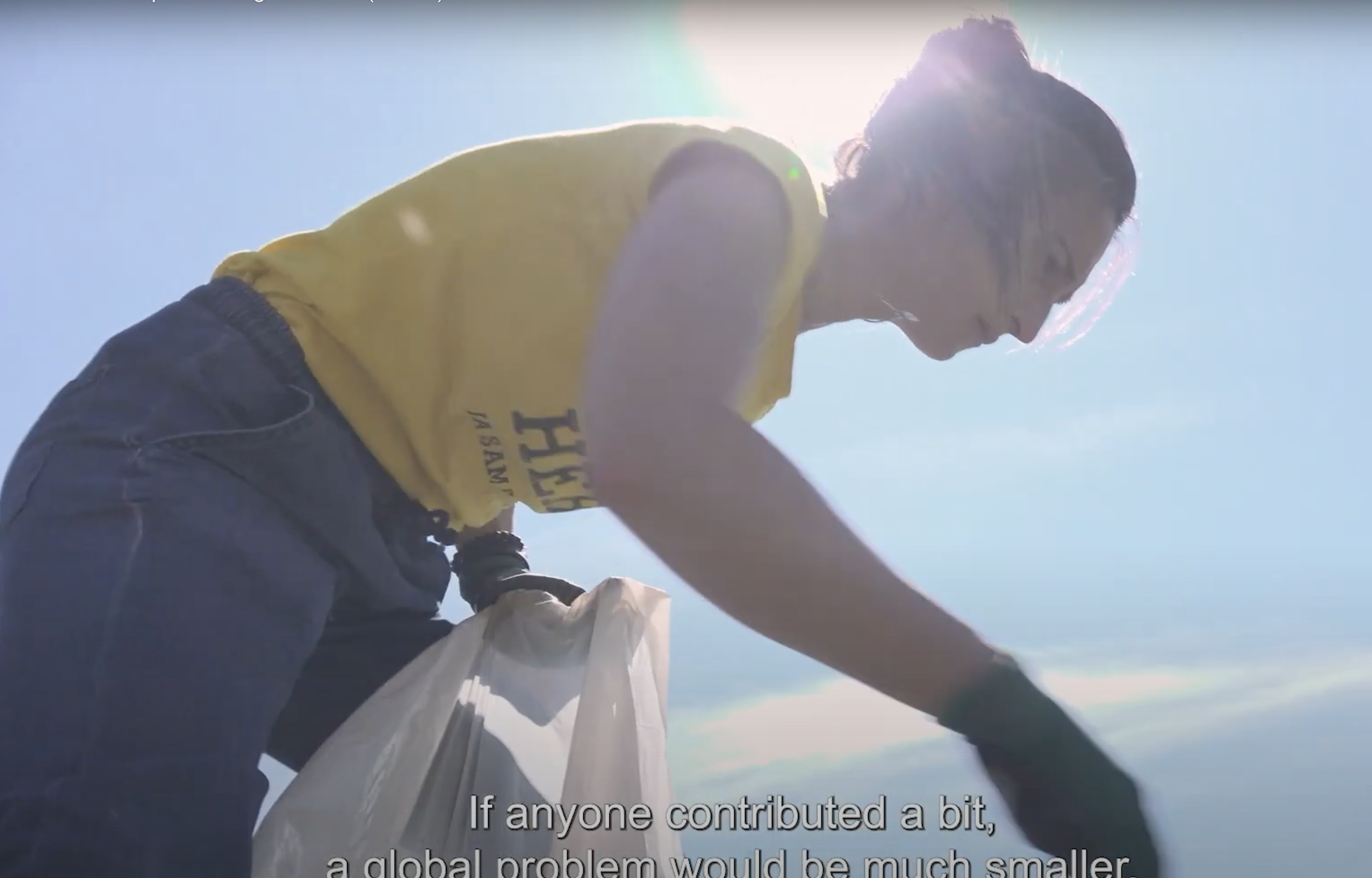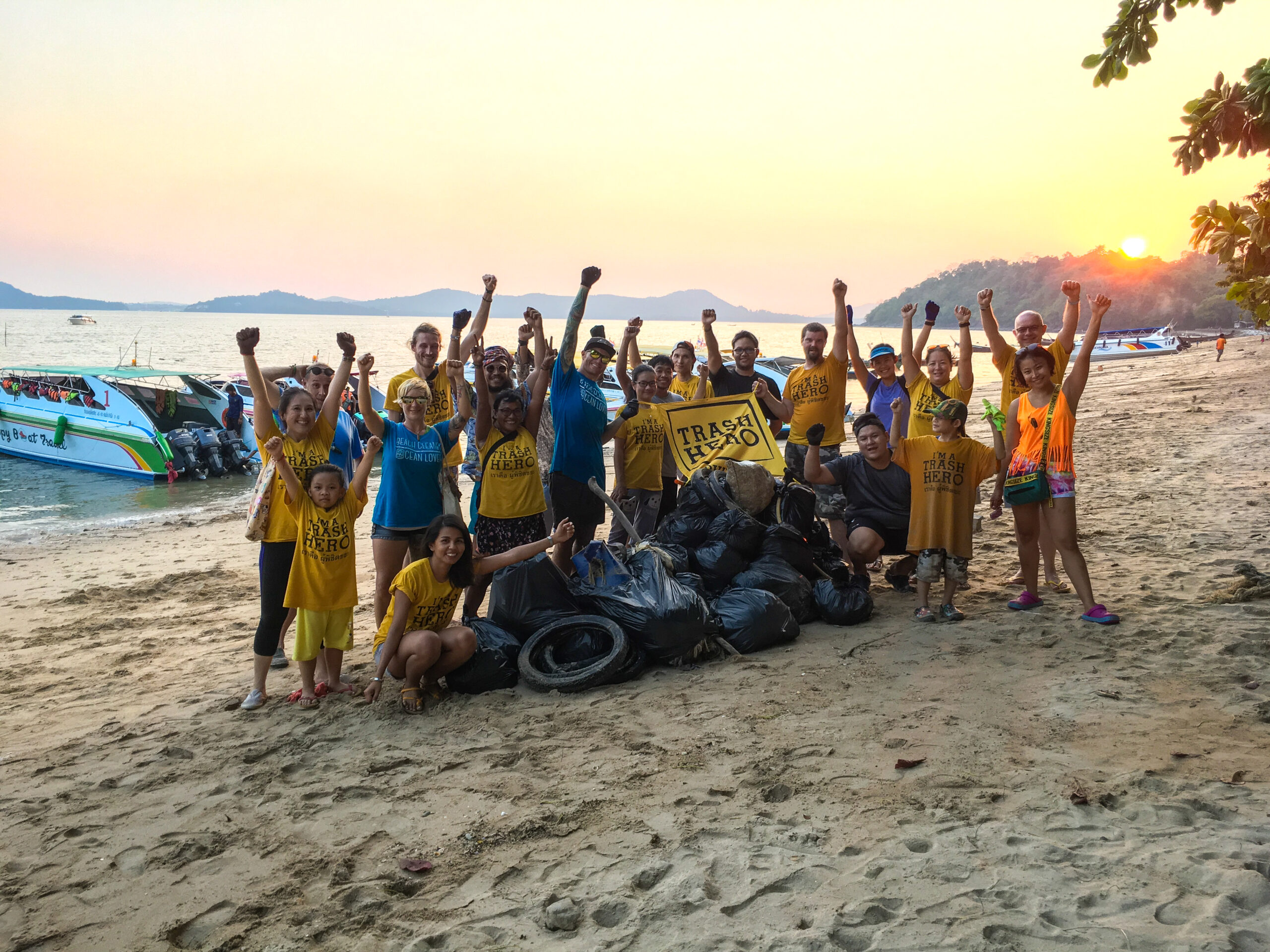Sandro Schnarwiler, the managing director of Schnarwiler cosmetics, has been passionate about the problem of plastic pollution for a long time. After watching a television documentary that featured Trash Hero in 2018, he decided he wanted to help. He approached the team with the idea of developing a refill and reuse system for his cosmetic products.
We began discussions with Schnarwiler about developing a range of completely refillable products. By creating such a system, the company could drastically reduce its plastic use and support customers to transition to more sustainable ways of shopping.

‘Sandro Schnarwiler was eager to partner with Trash Hero to make meaningful impact with his business’
A partnership began, resulting in the ‘Love Refill’ product line. It launched with four products (shampoo, conditioner, soap and body lotion) – all-natural, locally made, and cruelty-free in reusable glass packaging. Once the bottle or jar is empty, customers can wash out the bottle and refill at a lower price than their original purchase.
To ensure the system was zero waste from start to finish, the Trash Hero team suggested that even the bulk containers used for refilling individual bottles were washed and reused at the factory, rather than being discarded. This idea was meant with a positive response and Schnawiler showed dedication to wanting to reduce plastic at every opportunity.

Now, the refill network has grown to more than 150 stores all over Switzerland, including the national chain Reformhaus, making refilling easier than ever. As for Schnarwiler, they have found the refillable range to be so popular that it has almost completely replaced single-use products as their core business.
Hotels are now also requesting the products to replace their in-room toiletries. Schnarwiler calculated that a hotel with 200 beds and 80% occupancy provides around 500 throwaway plastic containers per night. This results in more than 180,000 pieces per year or almost 4 tons of plastic waste from just one hotel!
Schnarwiler helps the hotels to fit reusable glass dispensers of products in the bathrooms. As they are refilled, they save both the plastic and the product itself from being wasted.
There are currently 24 hotels signed up to the project, with more in the pipeline!
In another boost for the initiative, Eliane, the winner of Best Female Solo Act at the 2018 Swissmusic Awards, became a brand ambassador for Schnarwiler’s refill lines which in 2022 now include both “Love Refill” and a new range, “Re-use-me.”
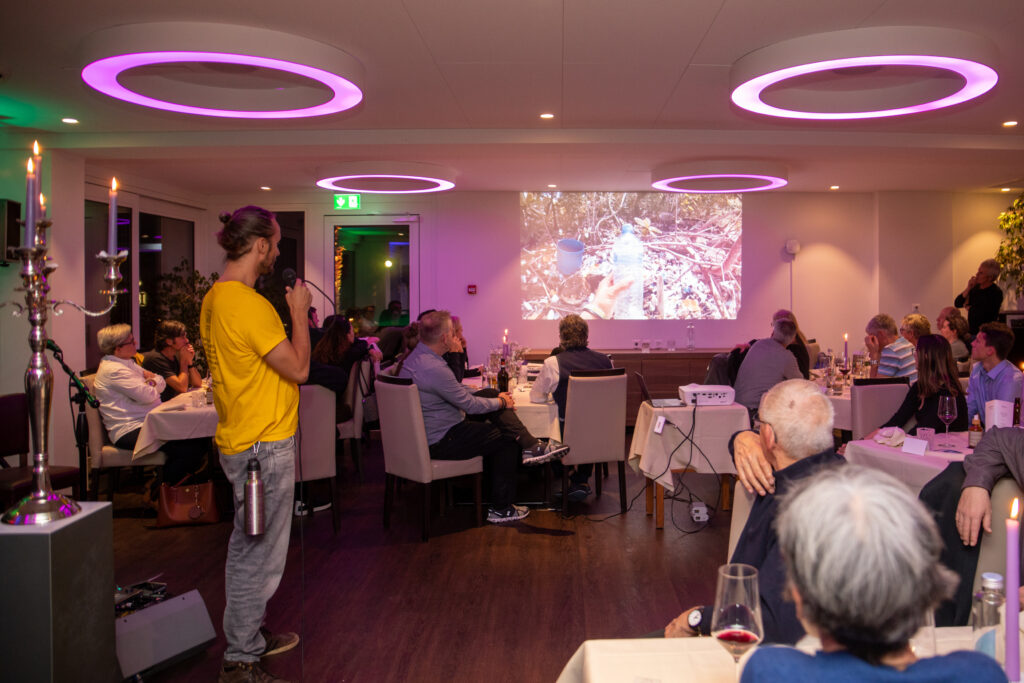
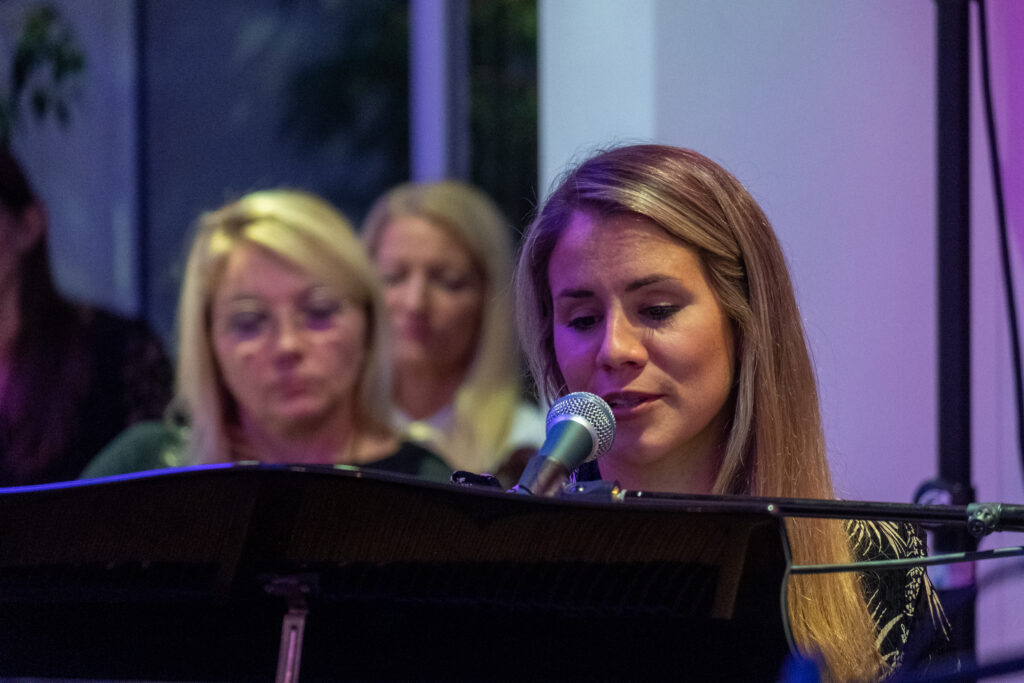
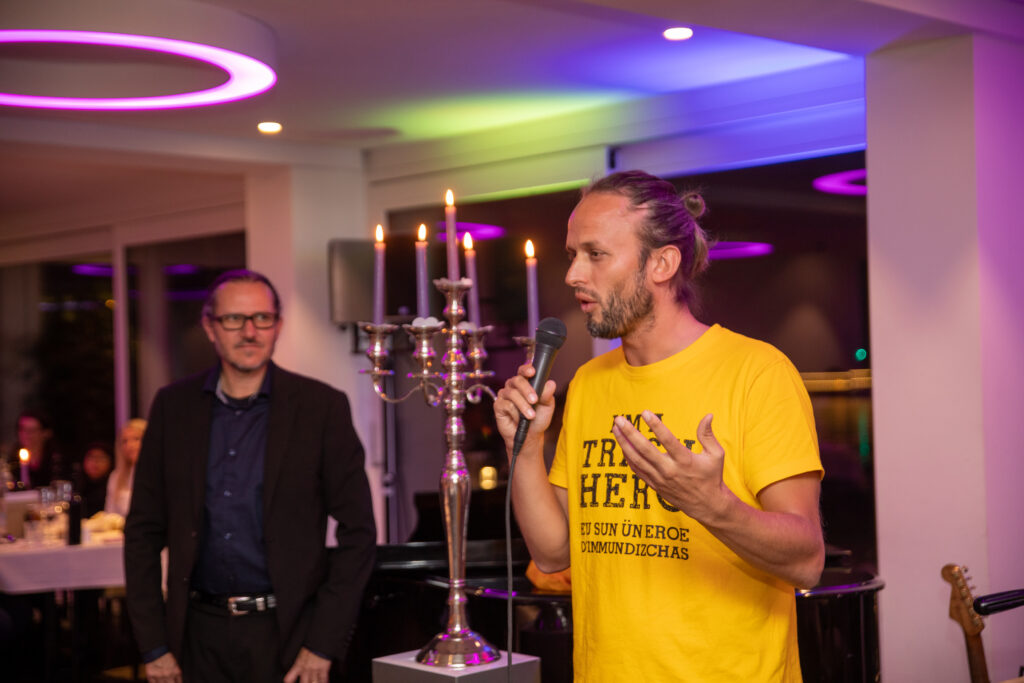
She promotes the products and concept of refill to her many fans and last year, together with Schnarwiler, organised a gala performance to raise funds for Trash Hero projects and our refill programmes in Asia. We are incredibly grateful for her support.
Sandro Schnarwiler and Trash Hero started a partnership that has proved refill is possible, practical and profitable in the real world. Since the project began in 2018, it has saved more than 79,000 plastic bottles from being used*!
Schnarwiler is leading by example in the beauty industry. In the long term, refill and reuse systems benefit both the business and the environment and help us work towards a plastic-free future.
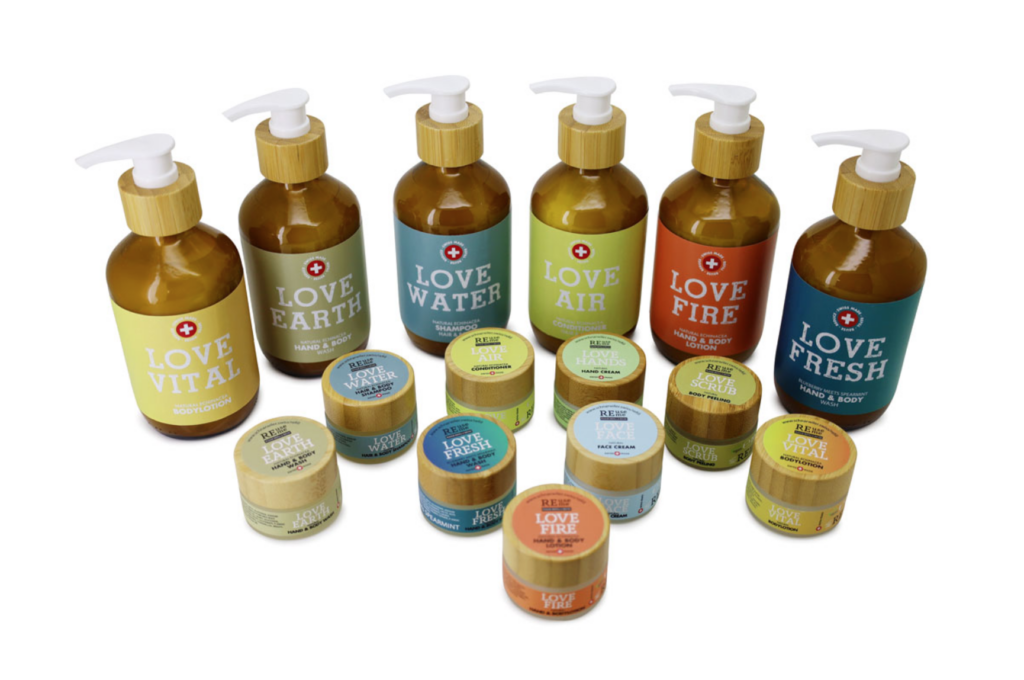
Give the gift of a plastic-free 2023
If you want to try out the refills for yourself, or know someone who might like the concept, you can find the full product range and the refill locations online.Schnarwiler, in collaboration with Eliane, has released a fan package containing refillable and reusable products from the ‘Love refill’ range. They have also launched a brand new refillable and plastic-free deodorant and toothpaste in a tube – the first of its kind in Switzerland! In January 2023 they will be releasing a refillable suncream and lip balm!
All Schnarwiler’s products are made and sourced in Switzerland from 100% natural and cruelty-free ingredients. All products are vegan aside from the conditioner which contains a small amount of beeswax.
For each product or refill sold, Trash Hero receives a donation – the details of which can be found in our annual report.
If you’re not in Switzerland, consider a Trash Hero e-card or donation gift to help us continue our work for a cleaner world.
*as of December 2022.
read more

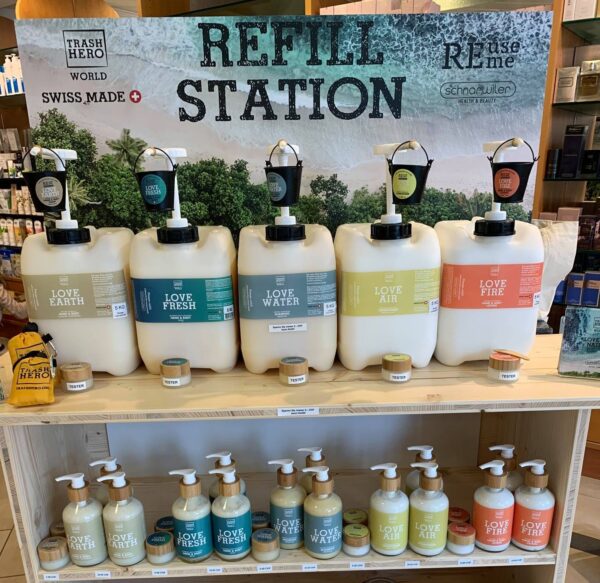
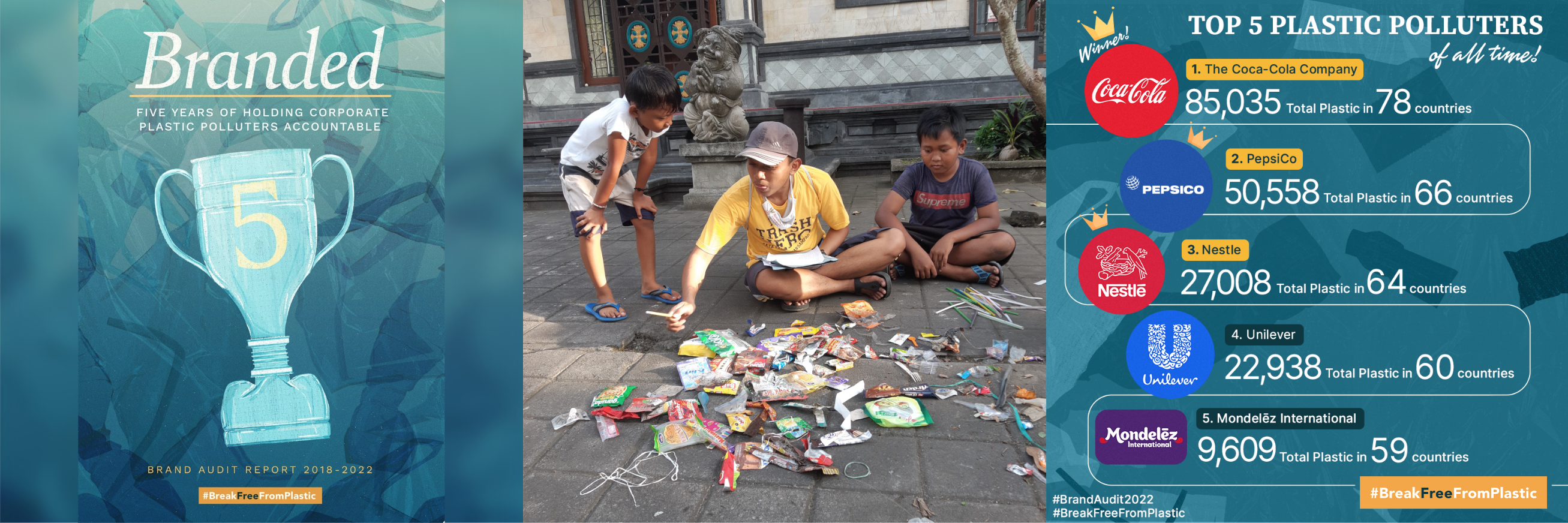
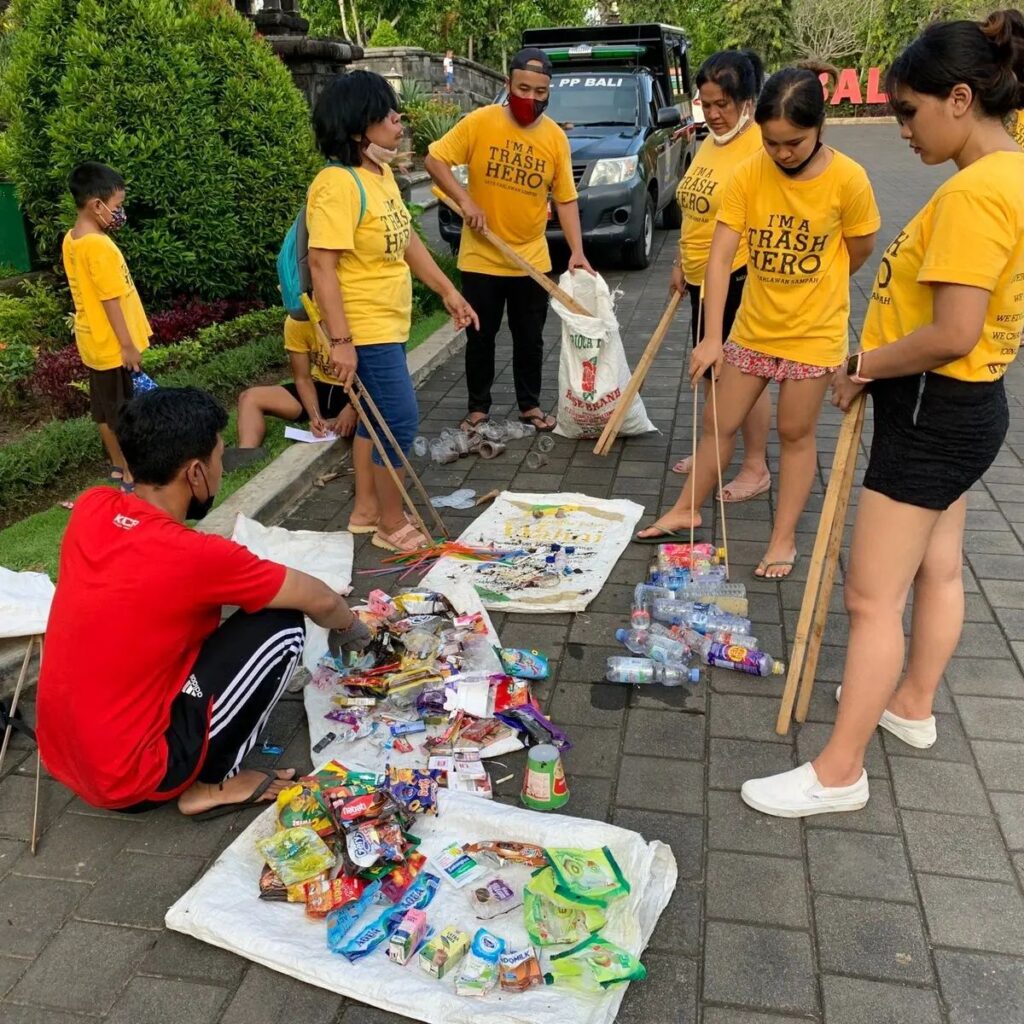
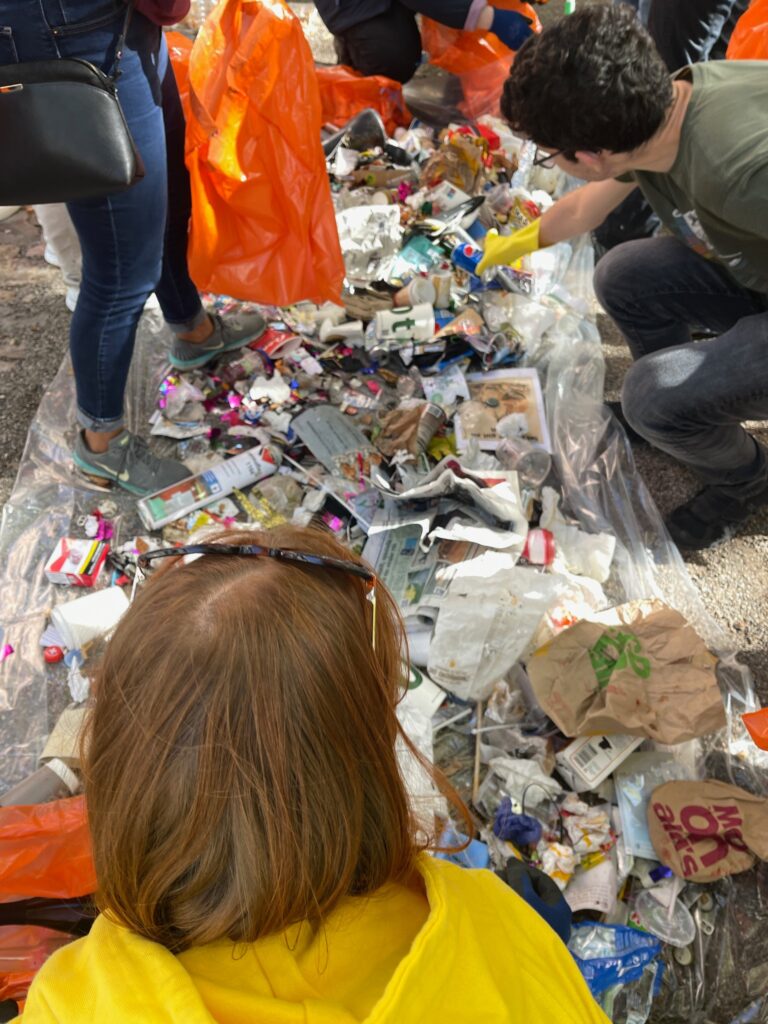
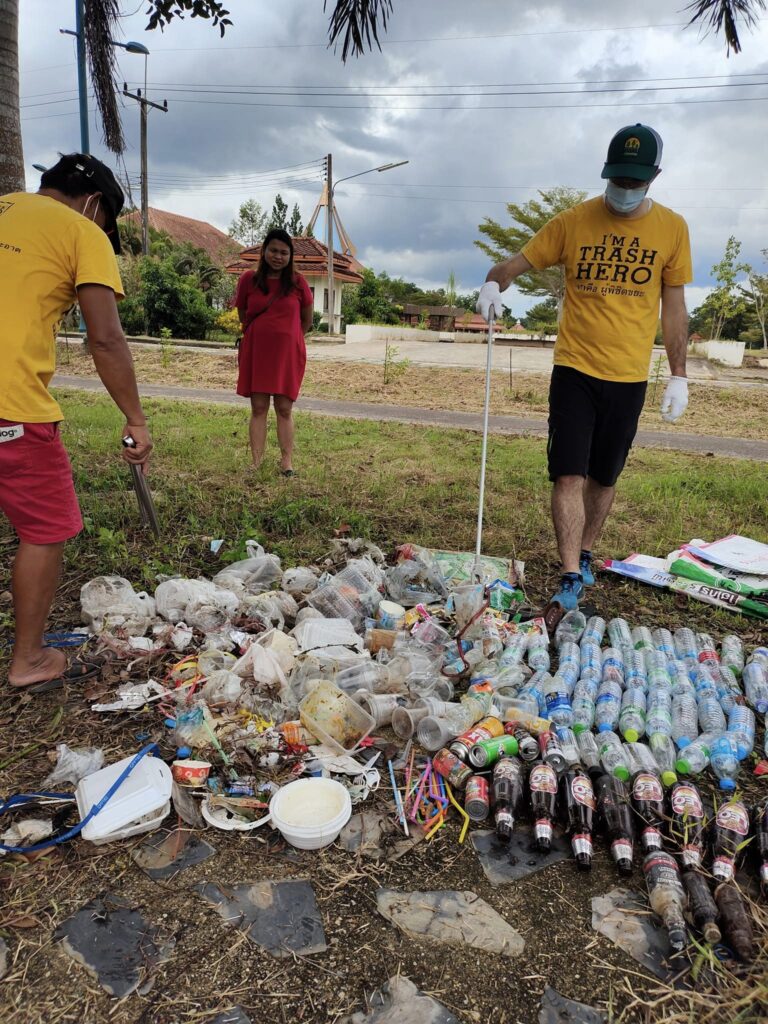
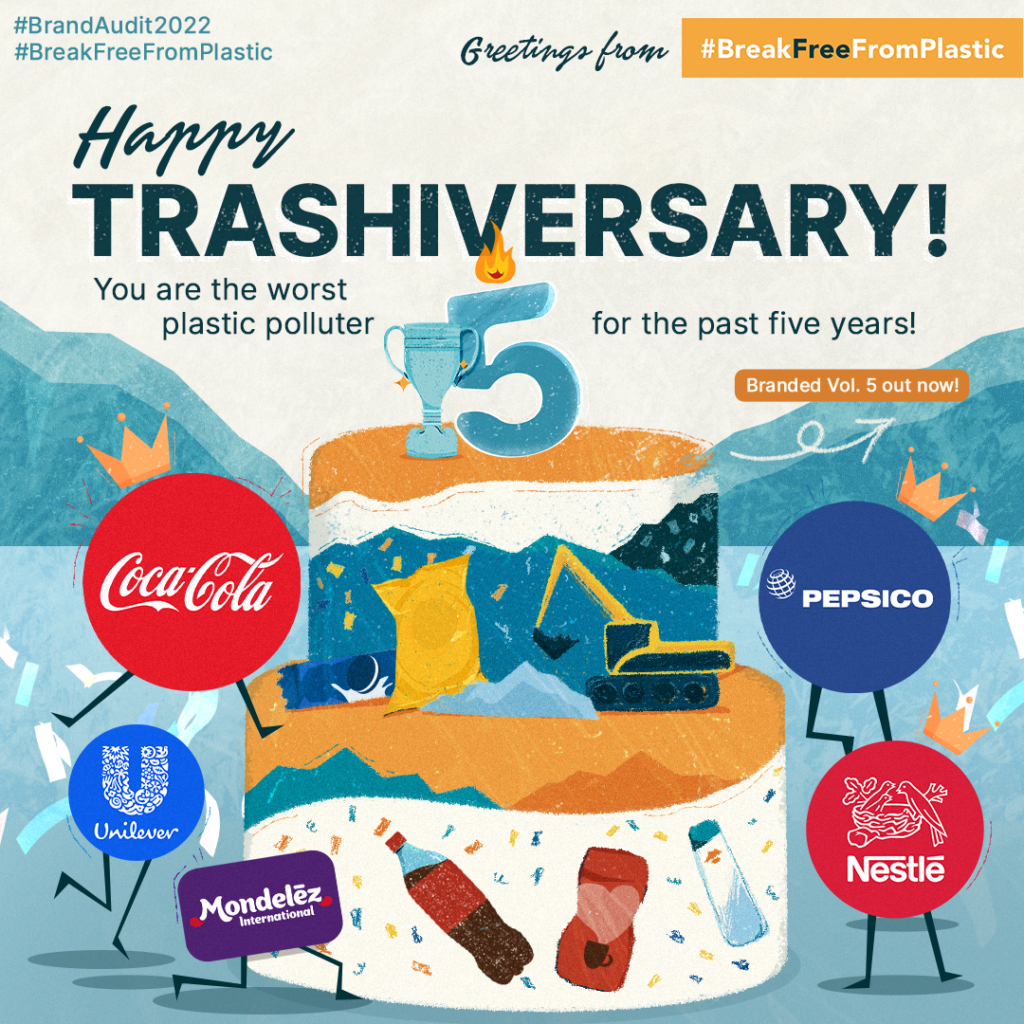
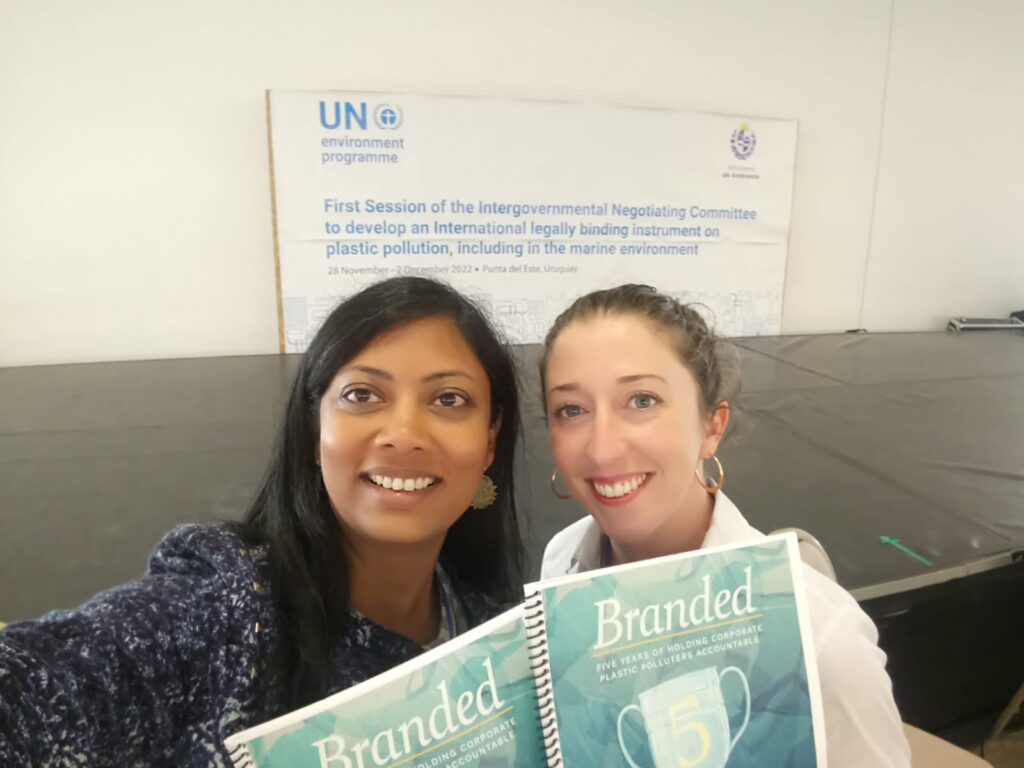
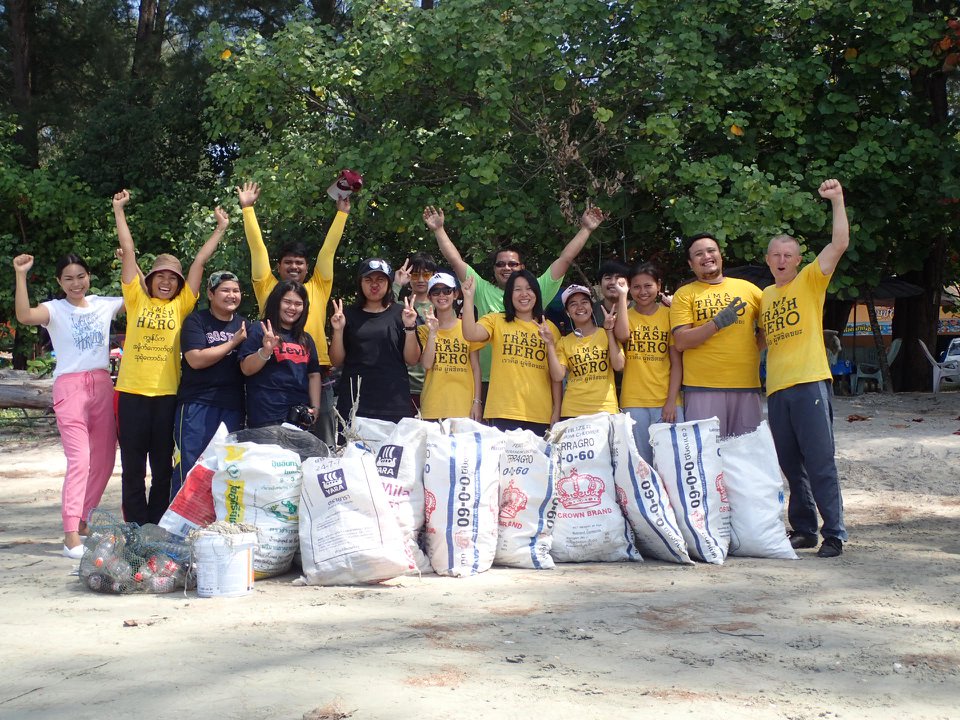
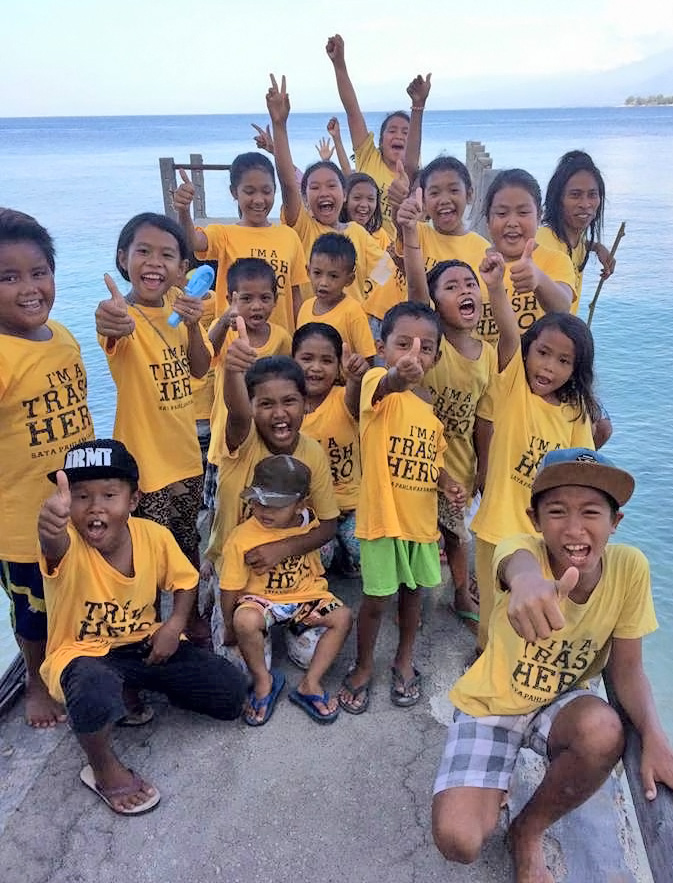
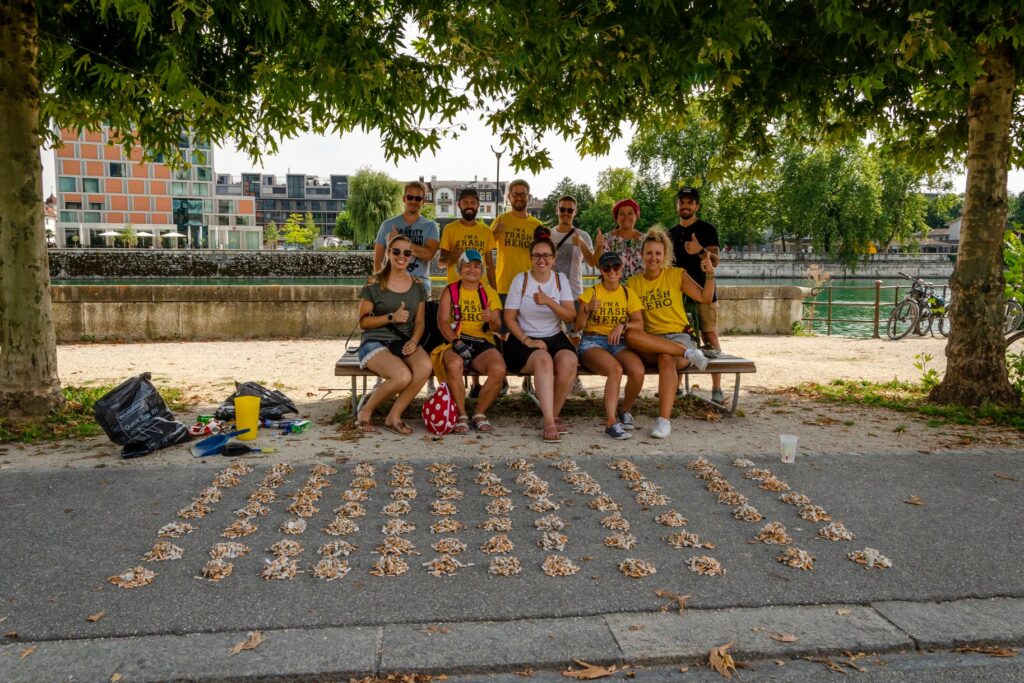
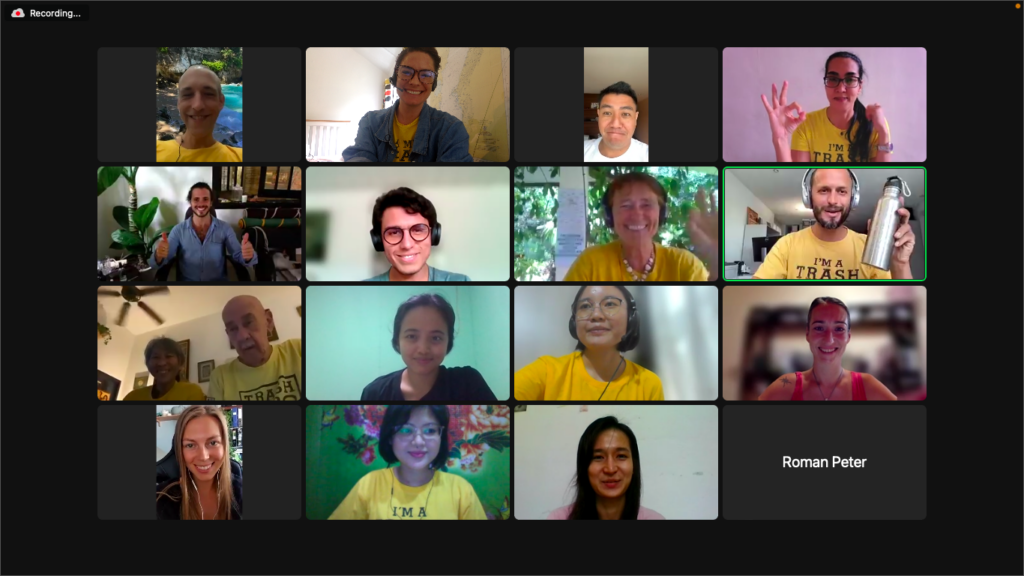
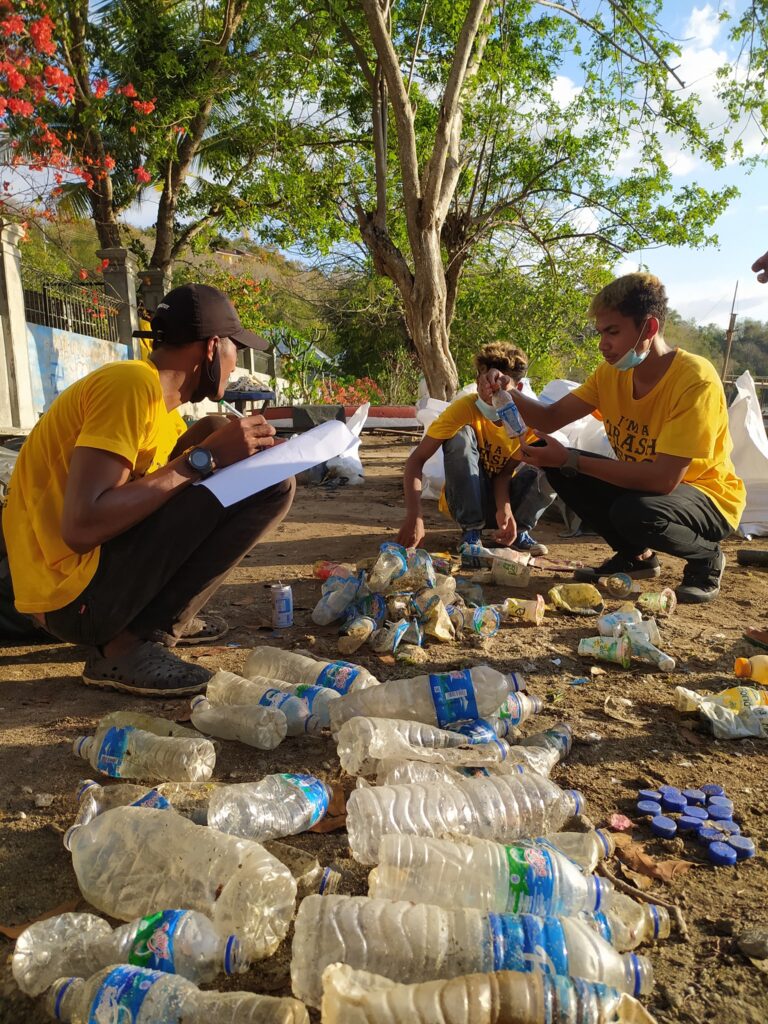
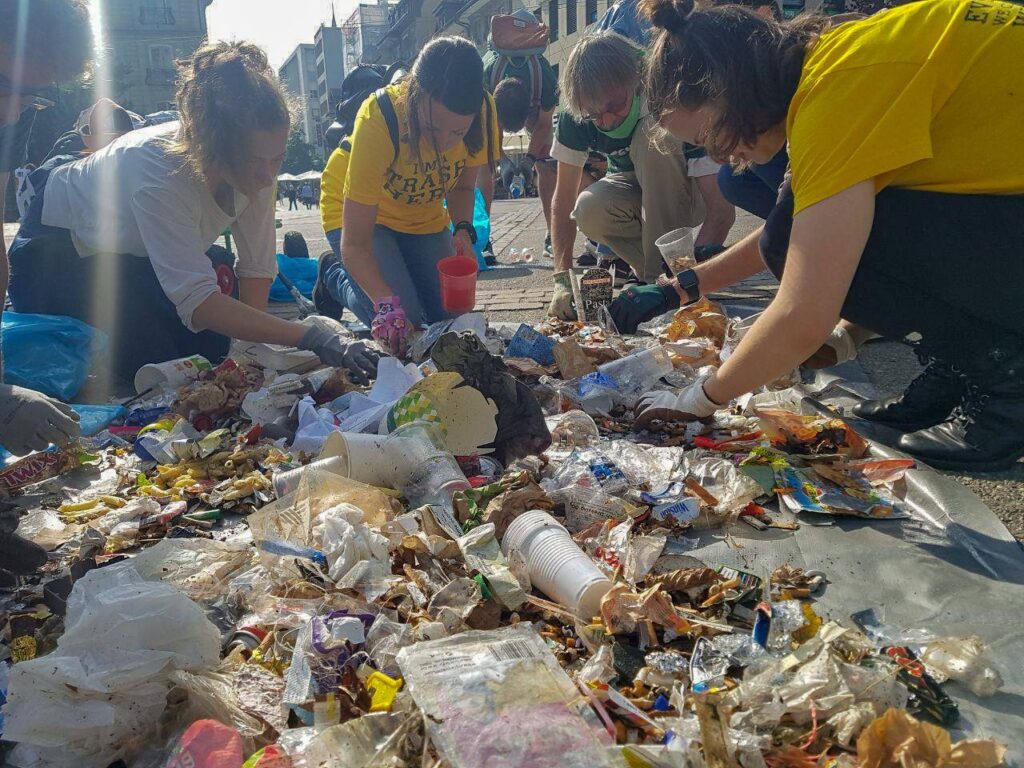
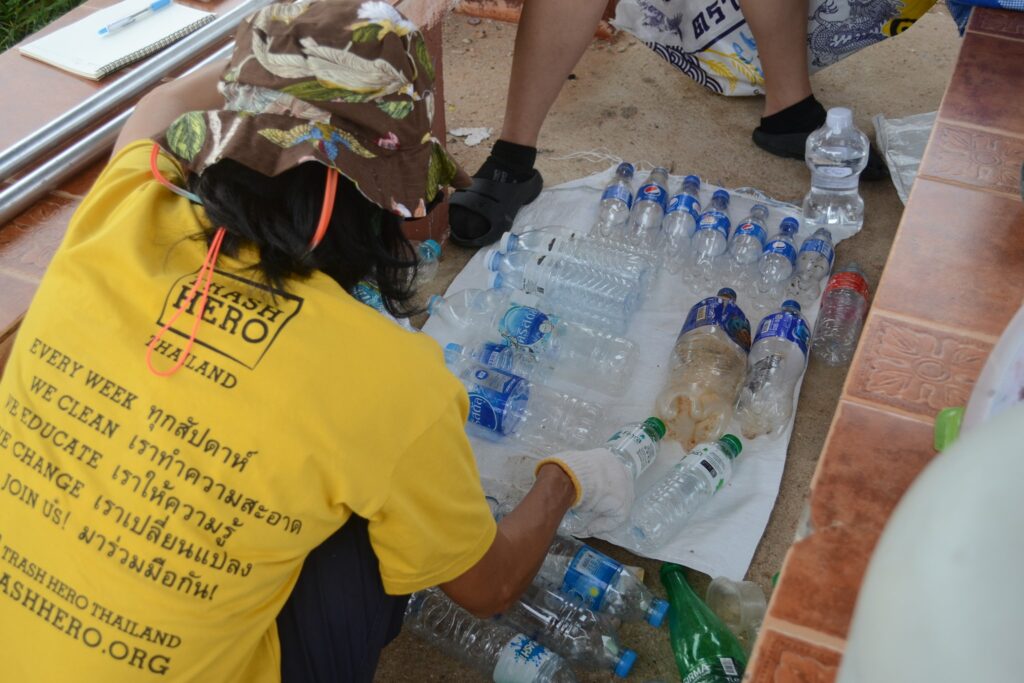
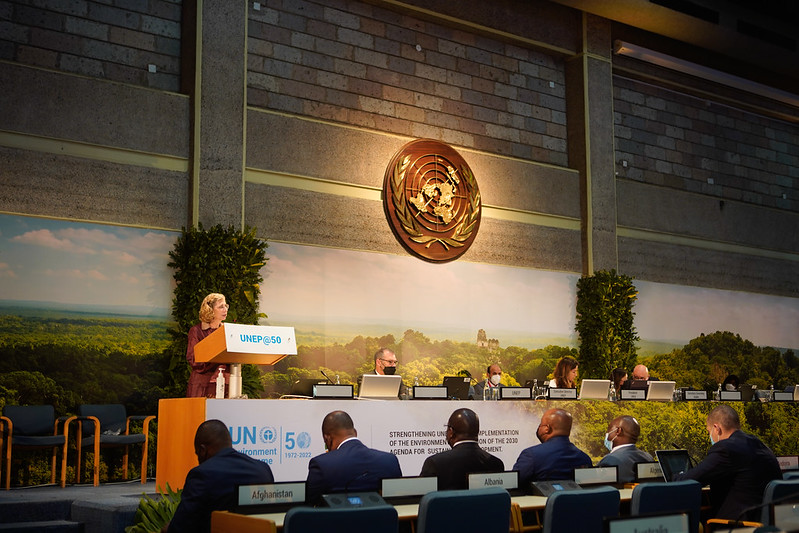
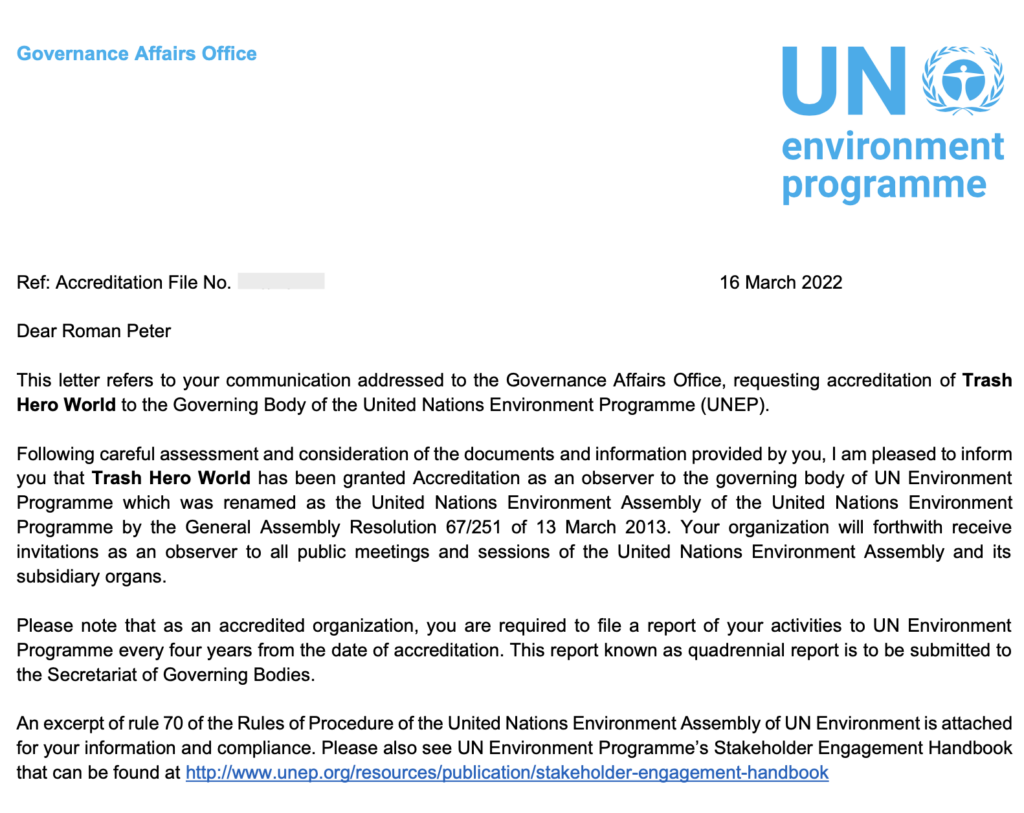
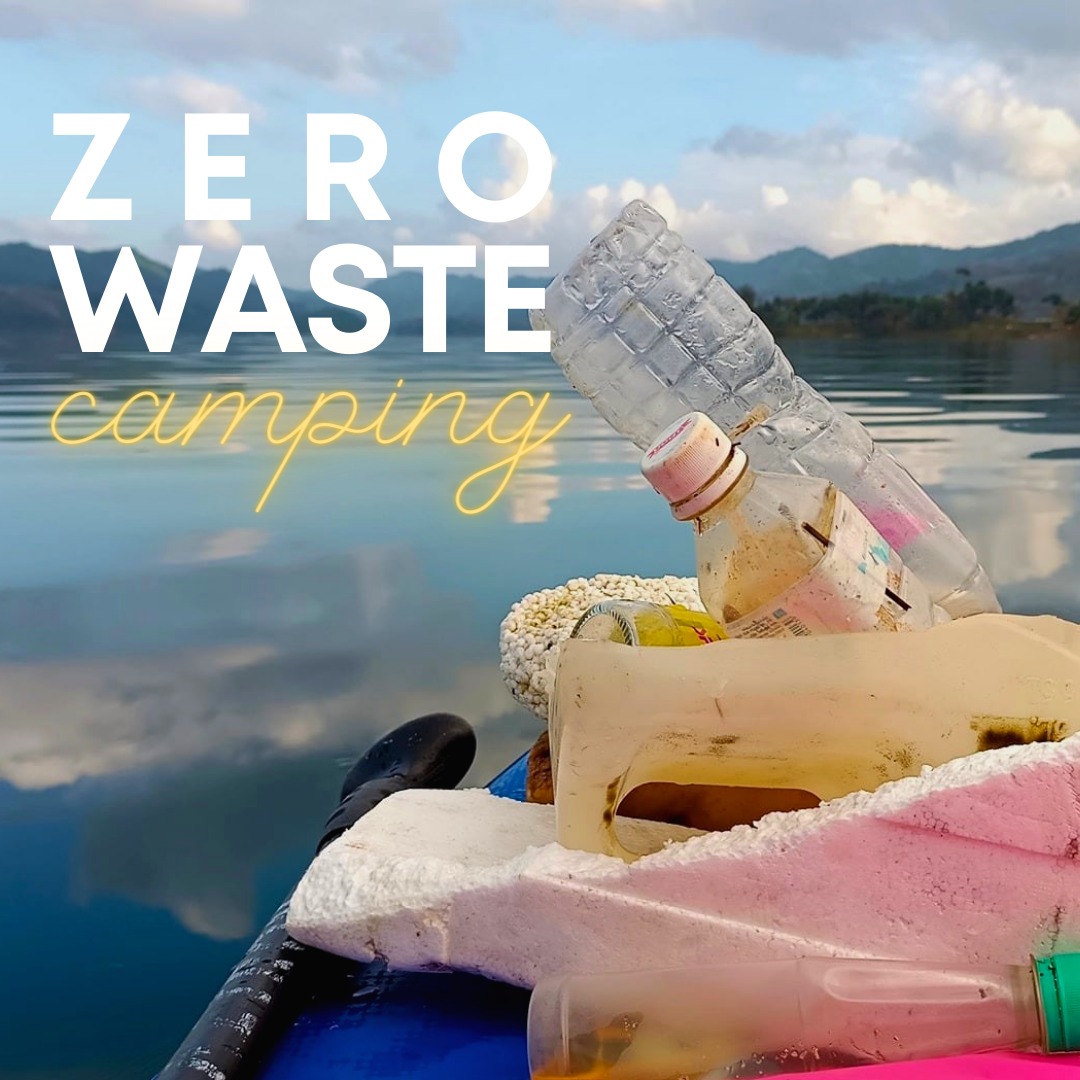


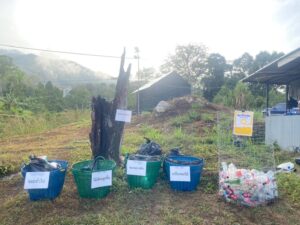
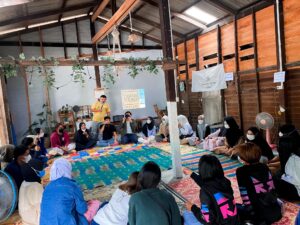 In total the waste generated during the camp (4-6 Feb inclusive) was 31.6kg, with 16.6kg of organics and recyclables and 15kg of residual waste. 10.5kg of trash was picked up during the cleanup in the camp grounds. The trip was the sixth such event in Trash Hero Pattani’s “Zero Waste Camping” project, which they describe as a work in progress, refining the details each time. Already this year the amount of trash generated was halved, compared with the 2021 trip, where 95g of trash was logged per participant. Kudos to all involved, and for more information (in Thai) please visit the
In total the waste generated during the camp (4-6 Feb inclusive) was 31.6kg, with 16.6kg of organics and recyclables and 15kg of residual waste. 10.5kg of trash was picked up during the cleanup in the camp grounds. The trip was the sixth such event in Trash Hero Pattani’s “Zero Waste Camping” project, which they describe as a work in progress, refining the details each time. Already this year the amount of trash generated was halved, compared with the 2021 trip, where 95g of trash was logged per participant. Kudos to all involved, and for more information (in Thai) please visit the 